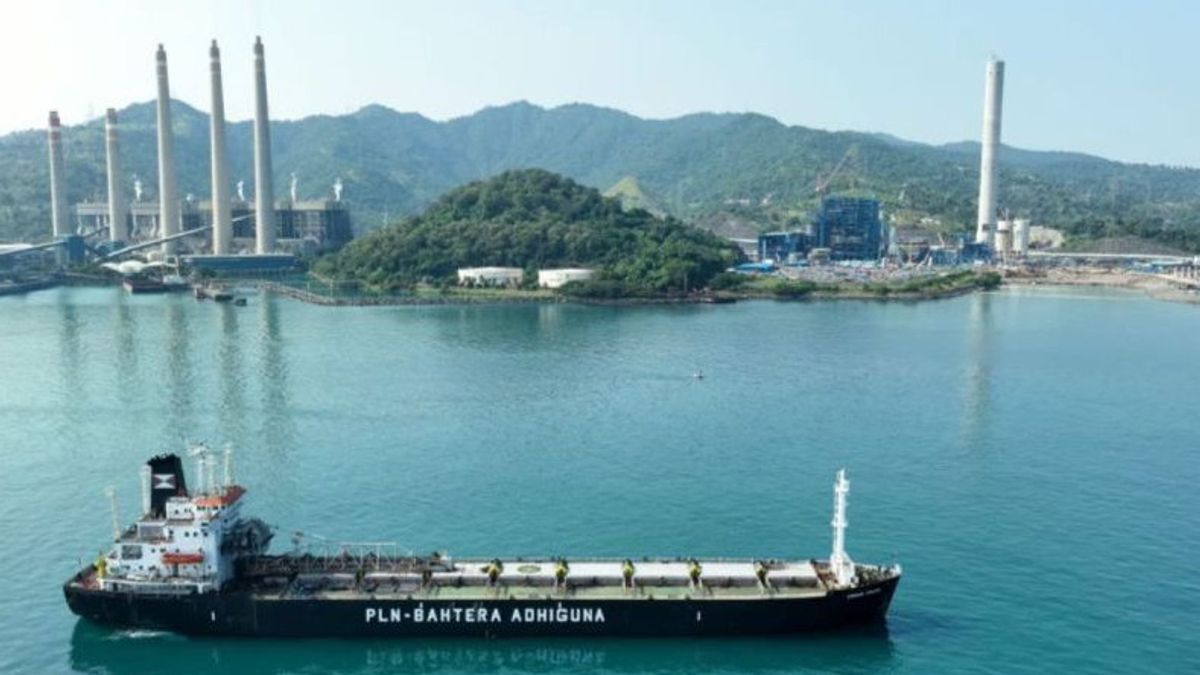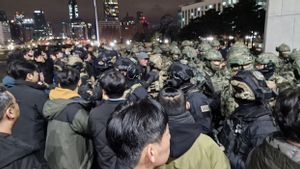JAKARTA - Economic observer from Gadjah Mada University (UGM), Fahmywahi, assessed that the concept of power wheeling is a form of electrical liberalization, which risks harming the people as well as the state.
"The electricity lberalization in the form of power steering violates Article 33 paragraph 2 of the 1945 Constitution which states that production branches that are important for the state and those that control the lives of many people must be controlled by the state," he said in a statement in Jakarta, quoted from Antara, Tuesday, April 2.
Power steering is a mechanism that allows private electricity developers or independent power producers (IPP) to build power plants and sell directly to the public through state-owned transmission networks.
Fahmy explained that power steering is an unfunding pattern regulated in Law No. 20/2002 on Electricity. The unbundling pattern has even been canceled by the Constitutional Court's (MK) decision.
Through decision Number 111/PUU-XIII/2015, the Constitutional Court decided that the unbundling in electricity was not in accordance with the 1945 Constitution. Then, the law was revised by eliminating the unbundling article.
"In addition to contradicting the Constitution and the Constitutional Court's decision, the Ministry of Finance has also rejected it firmly because it burdens the state's fiscal. In this case, energy subsidies will certainly swell," said Fahmy.
If the state does not want to increase energy subsidies, according to him, the people will bear the risk of increasing electricity rates which are currently still controlled by the state.
The reason, he continued, was that with the power steering scheme, electric tariffs would be set on the market mechanism.
SEE ALSO:
"With power steering, the determination of electricity rates is determined by demand and supply, at a time when demand is high and supply is fixed, electricity rates will definitely be increased," he said.
Fahmi stated that the power steering clause was an encouragement from interested private parties under the pretext of energy transition and therefore, the government and the DPR should take a further look at the great risk of implementing power wheeling.
Related to this, he invited the public to continue to monitor the development of the discussion of power steering which is currently wrapped in the New Energy and Renewable Energy Bill.
The English, Chinese, Japanese, Arabic, and French versions are automatically generated by the AI. So there may still be inaccuracies in translating, please always see Indonesian as our main language. (system supported by DigitalSiber.id)















